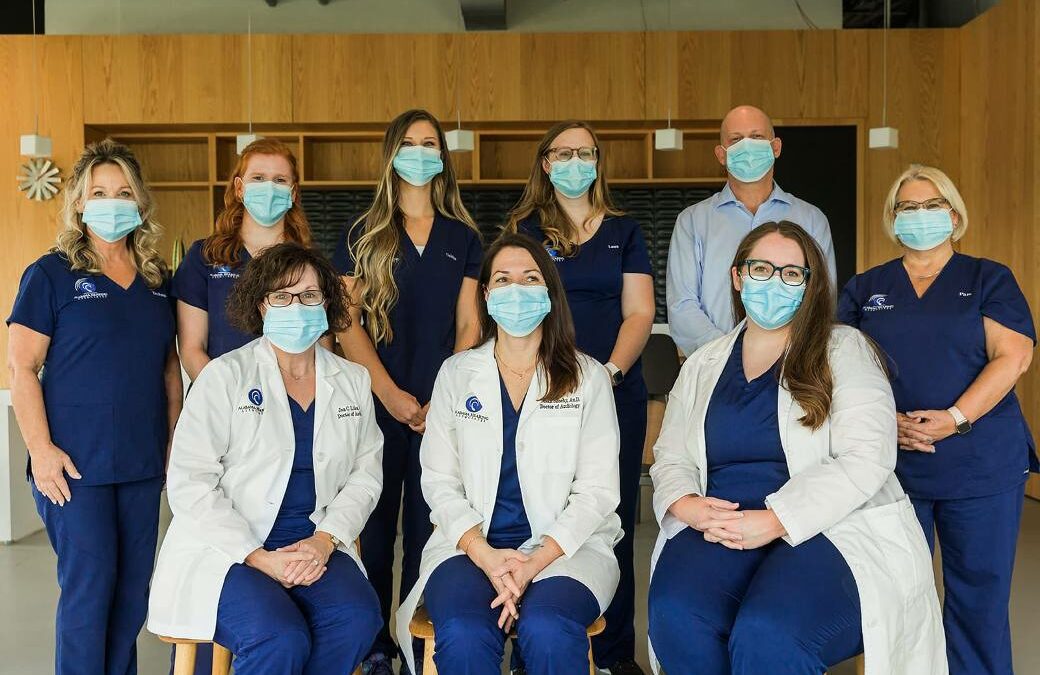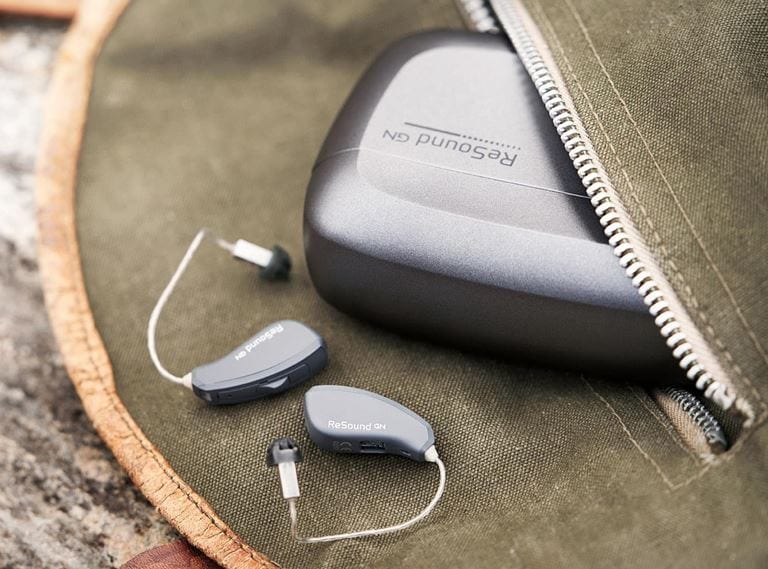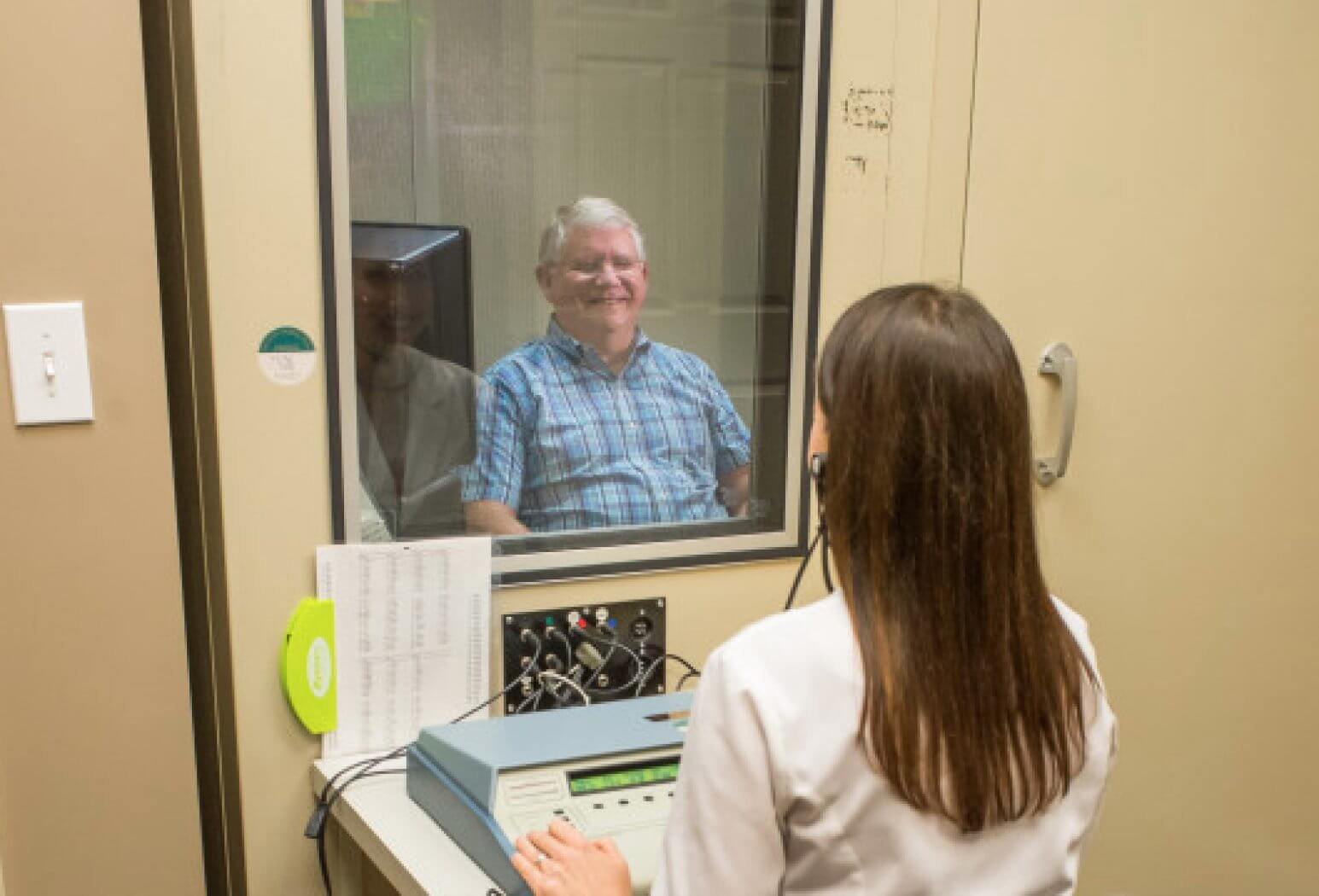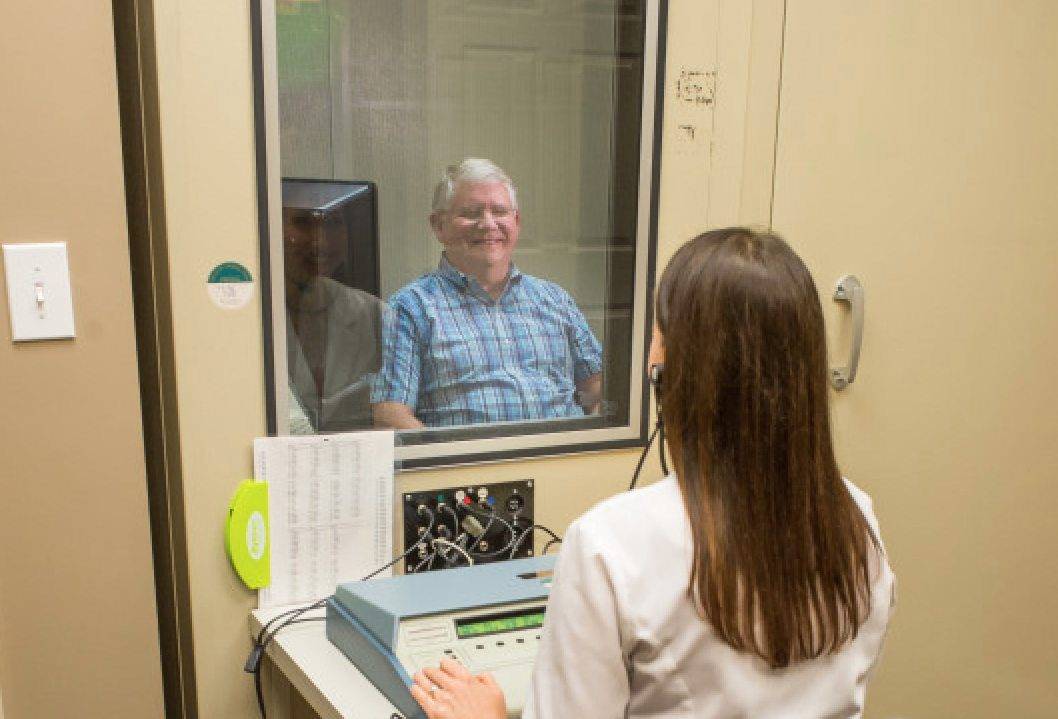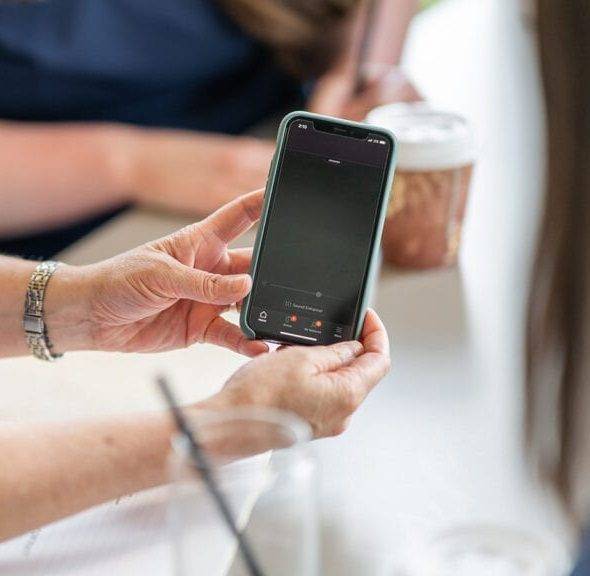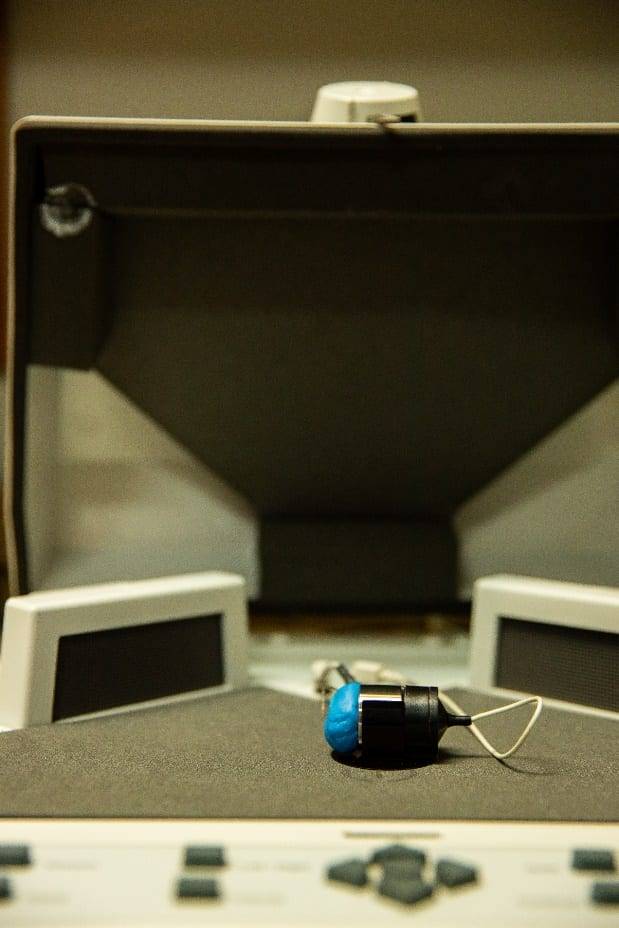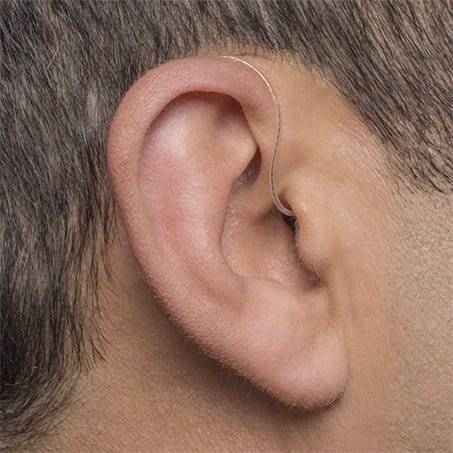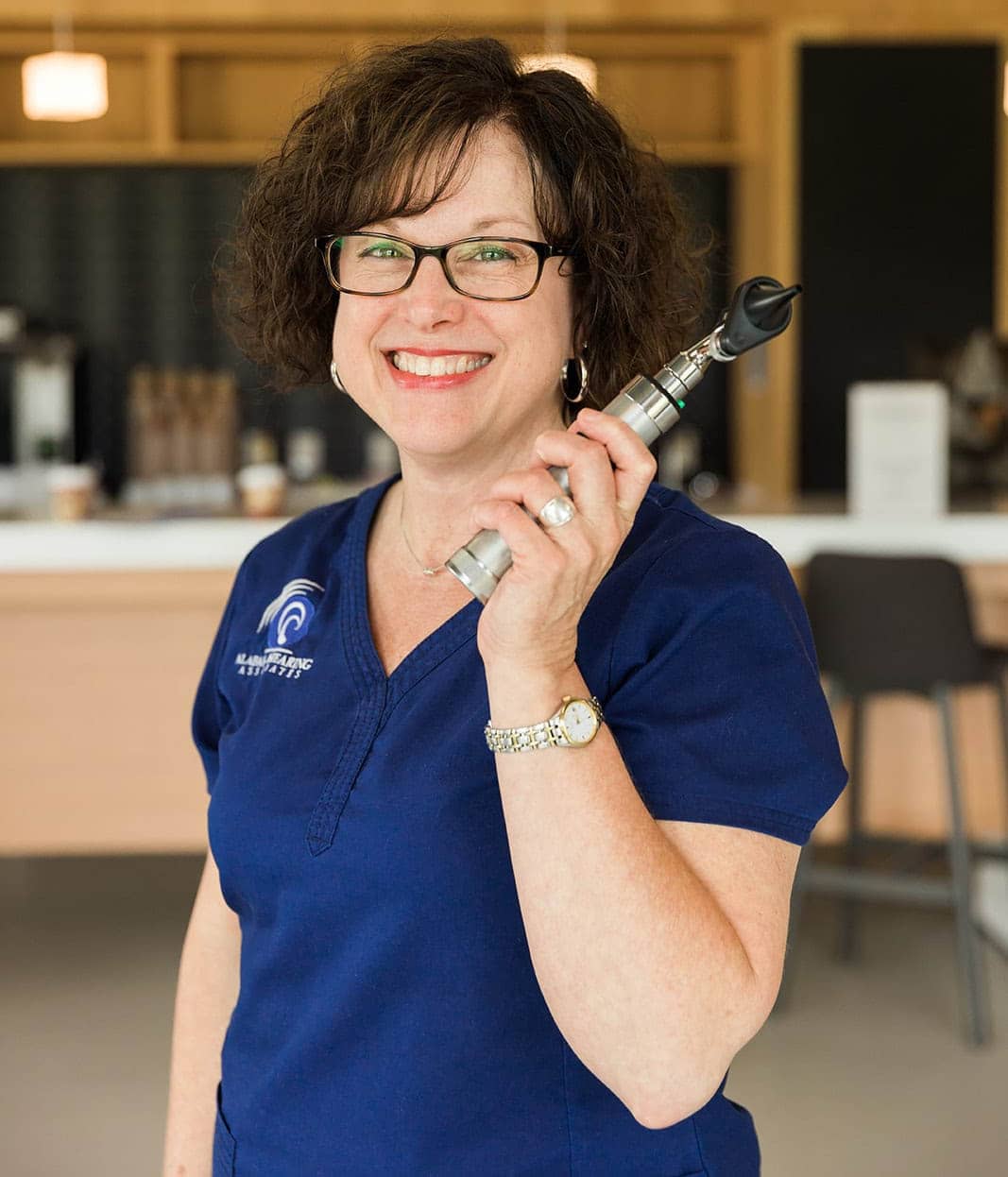Although face masks are a problem for people with hearing loss, I want to emphasize our audiology clinic fully supports face coverings to limit the spread of COVID-19. Yet, face masks create a barrier in communication for individuals with hearing loss.
One of the most common issues of face masks on hearing loss is that they conceal crucial visual cues that many hard of hearing people use to understand speech.
Communication Is More Than Words
One way to avert the effect of face masks on hearing loss is understanding what someone is saying and how they are saying. Take note that communication not only comes from the tone of voice they use but the facial expressions they produce when they are saying it. It’s true – whether we are heard of hearing or not, facial expressions provide much-needed context to a conversation.
But when someone does have difficulty hearing, facial expressions take on added importance, which is why face masks on hearing loss can be an issue.
Facial expressions help that listener fill in the proverbial blanks left by the words they couldn’t make out, and if someone is wearing a face mask, it could be hard to see facial cues.
We’ve had patients tell us how frustrating it is that masks suddenly eliminated their ability to see facial expressions.
Some had not even realized how dependent they had become on seeing facial expressions until now.
Face Masks On Hearing Loss: Challenges in Lip-Reading
Interpreting facial expressions isn’t the only way our eyes can help us compensate for hearing loss. When someone is struggling with their hearing, lip-reading provides some much-needed back-up. Since traditional face masks cover the mouth and make it impossible to lip-read, many hard-of-hearing individuals fear to become isolated from their community in such a difficult crisis. They need a solution to keep them connected to others.
What Did That Masked Person Say?
Even those of us with normal hearing can have difficulty understanding what a mask-wearer is saying. Masks muffle words; this is truly one of the challenges of face masks on hearing loss.
In particular, masks often block the high-pitched sounds that allow us to understand certain consonants. High-pitched sounds are typically the sounds that are most difficult to understand when a hearing loss first occurs.
Clear Face Masks
Face masks that have a clear panel are starting to come into the marketplace. It’s been amazing to see such a vast global awareness of the issues cause by face masks, and these things are becoming mainstream.
Clear masks solve a few of the issues experienced in understanding speech as they bring back essential visual cues.
For some, these masks help but still don’t solve the problem entirely; these masks still obscure part of the face.
At times, we’re not going to see enough of the face to interpret facial expressions accurately. When transparent masks fog up, lip-reading becomes a challenge as well as the addition to muffled sound.
Finding a Long-Term Solution
Perhaps you or someone you know has recently come to terms with a newly discovered hearing loss and need to find a long-term solution.
Since masks have increased our dependence on our ears, we’ve had people in the same situation contact our clinic in search of a solution.
Some of these new patients tell us how stressful it is to deal with the challenges masks have brought. You may be able to relate to their feelings. Please know we’re here for you.
At our clinic, we can perform a hearing evaluation and recommend the best treatment options for you.
If you or a loved one has been struggling or complaining that others are mumbling, contact us to schedule a comprehensive hearing assessment.
To protect you, other patients, and our staff, we have safety protocols in place for in-person appointments.

